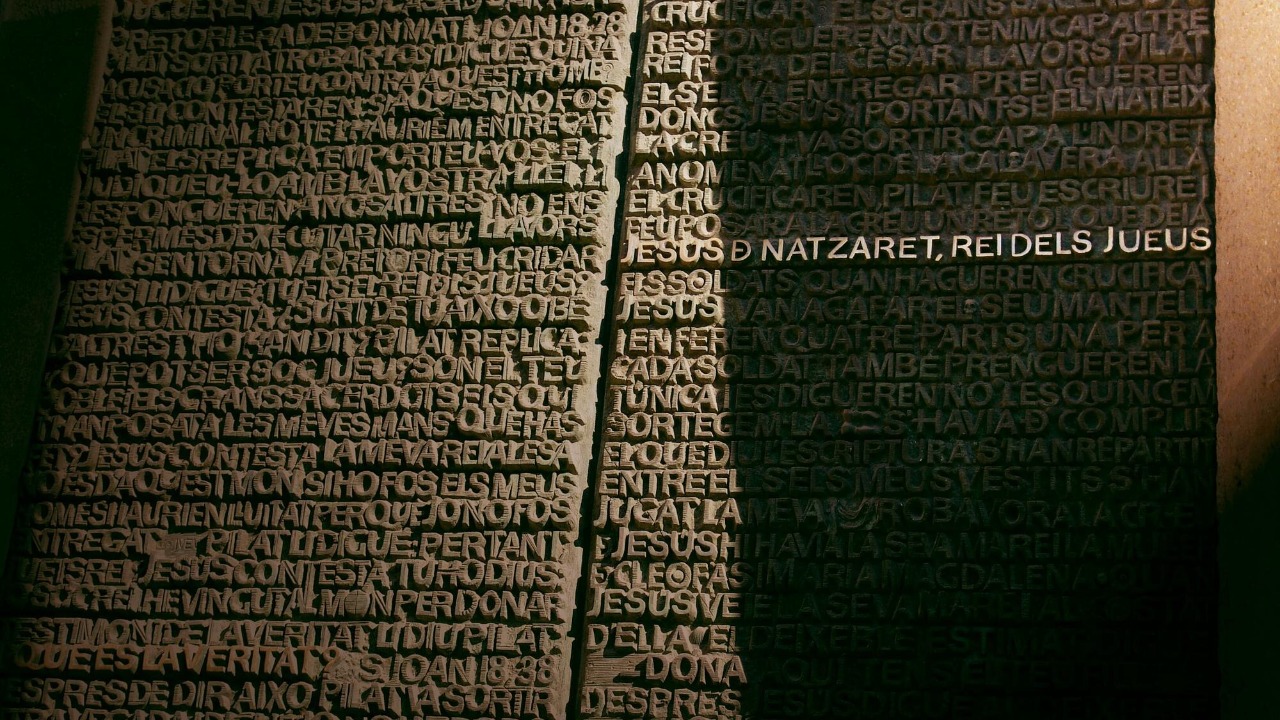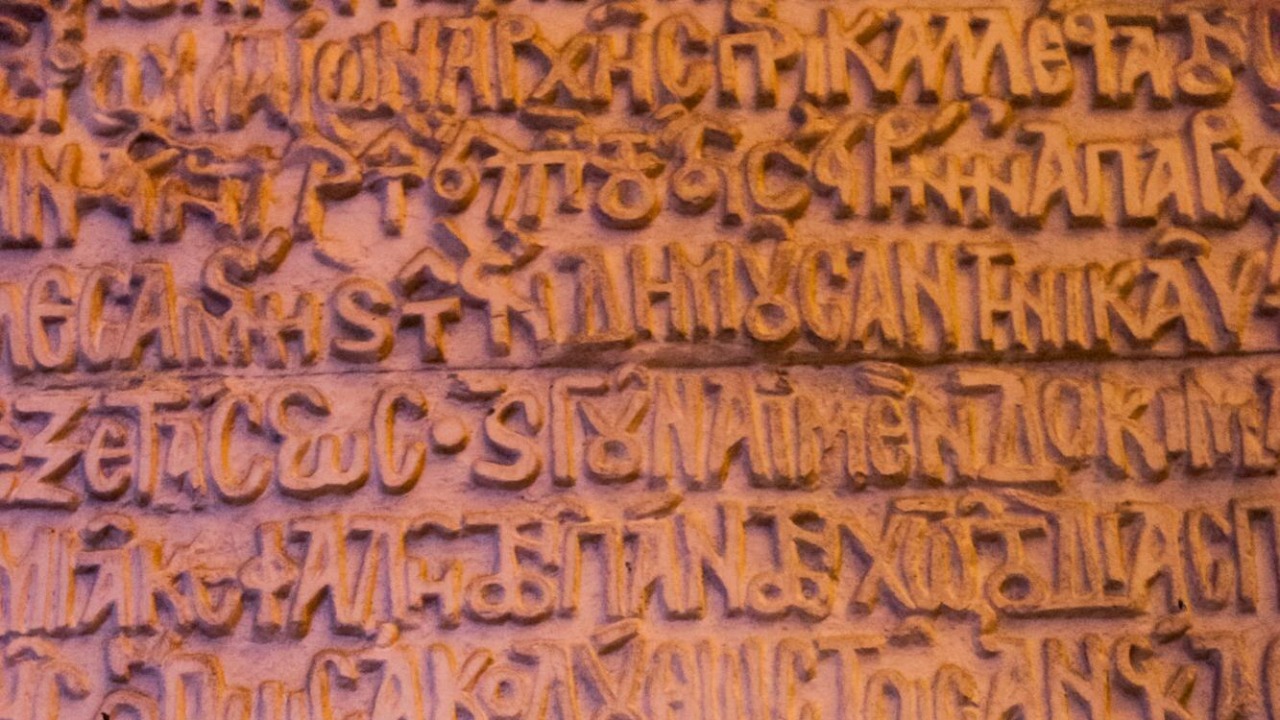
The advent of artificial intelligence (AI) has revolutionized the way we approach historical and religious texts, offering unprecedented insights into ancient documents. Recent studies have demonstrated how AI can uncover hidden patterns in biblical texts, providing scholars with new interpretations and perspectives. The fascinating intersection of technology and theology is reshaping our understanding of biblical literature.
The Rise of AI in Biblical Studies

The integration of AI technologies in textual analysis has opened up new avenues in the study of ancient texts. Tools such as machine learning and natural language processing are now routinely applied to large corpuses of ancient literature. These technologies have significantly advanced our ability to analyze texts by identifying patterns in word frequency, syntax, and semantics. Over the past few years, there have been remarkable advancements in AI, enabling the rapid and accurate analysis of vast amounts of data, which was previously unattainable through traditional methods.
Collaborations between universities and technology companies have also played a critical role in this field. For instance, major projects like the Hidden Language Patterns in the Bible have brought together experts from theology, computer science, and linguistics to leverage AI in biblical studies. These interdisciplinary teams are crucial, as they combine diverse expertise to push the envelope of what AI can achieve in understanding ancient texts. By pooling resources and knowledge, these collaborations have made significant strides in uncovering new insights from biblical literature.
Uncovering Hidden Patterns in Biblical Texts

AI has proven adept at revealing linguistic and thematic patterns that were previously unnoticed by scholars. Through its ability to process and analyze vast datasets, AI can identify subtle linguistic features such as word frequency, syntax, and semantics. These discoveries have opened up new lines of inquiry, allowing researchers to explore the texts’ structure and underlying messages in novel ways. For instance, AI has been instrumental in identifying recurring themes and linguistic styles that suggest different authorship or periods of text composition.
Numerous case studies highlight the transformative impact of AI on biblical scholarship. One notable example is the identification of authorship and dating of texts through advanced pattern recognition techniques. By analyzing stylistic elements and historical context, AI has helped scholars re-evaluate long-held assumptions about the origins and development of biblical texts. These findings have profound implications for our understanding of biblical history, challenging conventional narratives and encouraging fresh interpretations of these ancient scriptures.
Challenges and Limitations of AI in Textual Analysis

Despite its potential, AI faces several challenges when applied to the analysis of ancient languages. Many ancient scripts have evolved over time or are no longer in common use, posing significant difficulties for AI models trained on modern languages. Additionally, the nuances of idiomatic expressions and cultural context require careful attention and can be easily misunderstood by AI systems. As a result, current AI models may struggle to fully comprehend the intricacies of ancient texts, necessitating ongoing refinement and adaptation to improve their accuracy and reliability.
Ethical considerations and biases also play a crucial role in the deployment of AI in religious studies. The interpretation of ancient texts is inherently subjective, and there is a risk that AI algorithms may inadvertently reinforce existing biases or misinterpret data. It is essential to ensure that AI tools are developed and applied with cultural sensitivity and respect for the diversity of religious traditions. Human oversight remains vital to guide AI analysis and ensure that findings are interpreted accurately and ethically. Scholars must remain vigilant to the potential biases inherent in AI algorithms and work collaboratively to mitigate these risks.
Future Prospects for AI and Biblical Scholarship

Looking ahead, the future of AI in biblical scholarship holds exciting possibilities. Continued advancements in AI technologies, such as improved language models and expanded datasets, promise to enhance our ability to analyze and interpret ancient texts. These innovations could potentially lead to more accurate translations and a deeper understanding of the historical context of biblical literature. Moreover, the application of AI in translating and preserving other ancient texts beyond the Bible could open up new avenues for research and scholarship, enriching our understanding of human history and culture.
The broader implications of AI-driven discoveries extend beyond academia, influencing theological debates and educational curricula in religious studies. As AI uncovers new insights and challenges established interpretations, it has the potential to reshape theological discourse and encourage more nuanced and inclusive approaches to religious education. Furthermore, the integration of AI in biblical scholarship can facilitate interfaith dialogue, fostering greater understanding and appreciation of diverse religious traditions in a modern context. By bridging the gap between technology and theology, AI offers a powerful tool for exploring the rich tapestry of ancient religious texts and their relevance in today’s world.